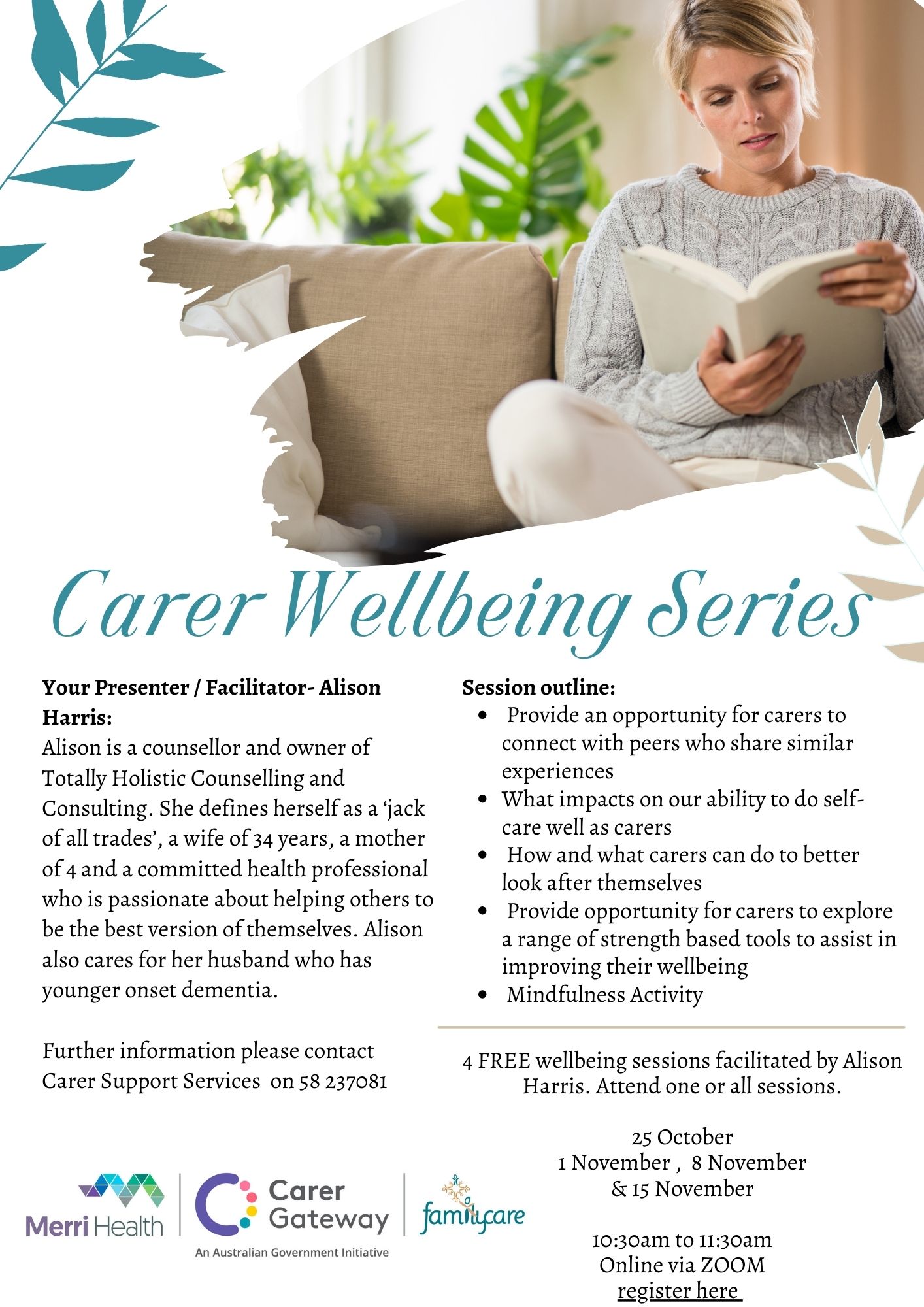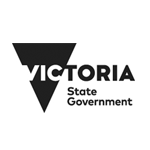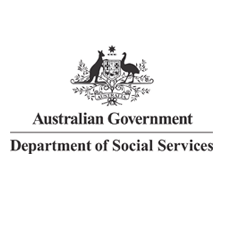Loss and Grief
As human beings and the living organisms we are, we are inevitably going to be subjected to loss – and subsequent grief throughout our lifetime.
As men, we will manage grief in many different ways – sometimes constructive, sometimes destructive.
In the counselling role where we work with men, we have found the impact of Loss & Grief to be a powerful determinant in the individual’s wellbeing, confidence and sense of self.
We have come across men who have lost children, partners, other significant loved ones, property and livestock and also men who have lost their ability to participate in the workforce due to workplace injury.
In some of these circumstances, men lost their identity – a very powerful determinant in mental health. Grief can impact our thoughts, feelings, behaviors, our spiritual beliefs and even impact our physical health. Life can be a tough ride if we are carrying un-processed grief.
There have been men that have kept their grief at bay for years, in some cases decades…….this is an extremely long time to carry the burden and emotionally loaded weight.
Why do we carry this emotional burden when we may not need to??
Here are a few reasons why:
- Your upbringing and attitudes towards loss
- Timing/other factors or events
- Adhering to socially constructed stereotypes that men need to be tough and void of emotion
- Too painful
- Not wanting to burden others
- Not trusting that you will be cared for in your time of vulnerability
- Not allowing yourself to be vulnerable or had the opportunity to be vulnerable
- Not really knowing how to be vulnerable
- Feeling you have to be strong to support others
- Cultural beliefs
NOTE: Men have emotions too!!
It’s OK to not be OK.
Loss will inevitably trigger grief. For different reasons, men will often suppress their emotional response to grief and effectively hinder this healthy process to run it’s course. We are sharing this information in the knowledge that men (and of course women) often suffer when a loss is encountered. You can’t feel loss without feeling love – when we love and care and feel these emotions, a loss will humanly be felt. Grief is the process by which we have the opportunity to acknowledge and manage the emotions.
We seek to inspire men to be human, to understand their loss and feel the safety in allowing themselves to be vulnerable enough to be cared for.
If not with a trusted other, know that there are services that care for your health and wellbeing – sometimes it’s just a matter of giving yourself permission to be cared for.
Support services can be found under the ‘Men’s Support Services’ tab on our website
Men’s Support Services – FamilyCare
In addition, the following Beyond Blue website has some valuable information about Loss & Grief and Mental Health.
Grief, loss and mental health – Beyond Blue

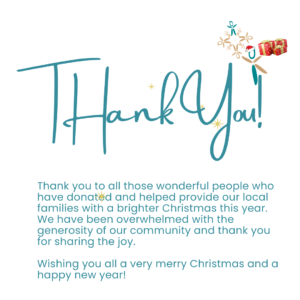

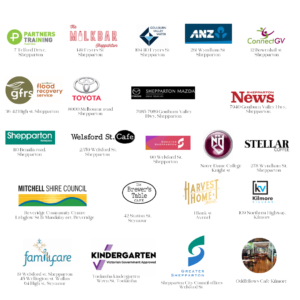
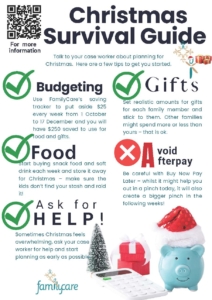
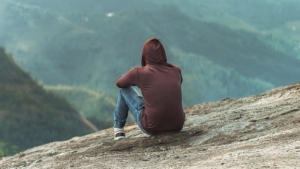

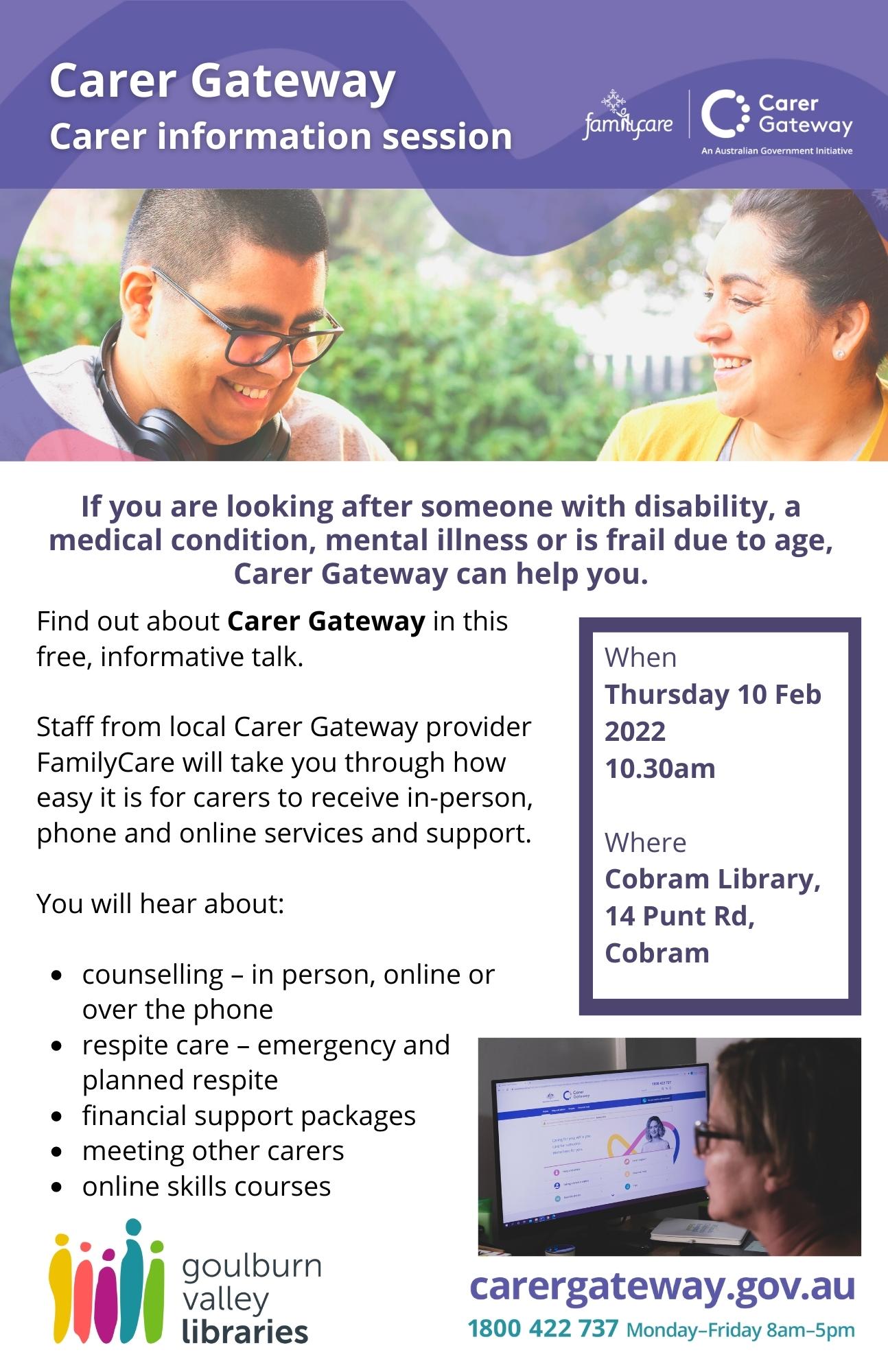
 FamilyCare and our Baskets of Joy partners Greater Shepparton City Council and the Greater Shepparton Foundation, have greatly appreciated your support for our Christmas campaigns over the years. That support has helped us to brighten Christmas for many vulnerable families and children.
FamilyCare and our Baskets of Joy partners Greater Shepparton City Council and the Greater Shepparton Foundation, have greatly appreciated your support for our Christmas campaigns over the years. That support has helped us to brighten Christmas for many vulnerable families and children.

